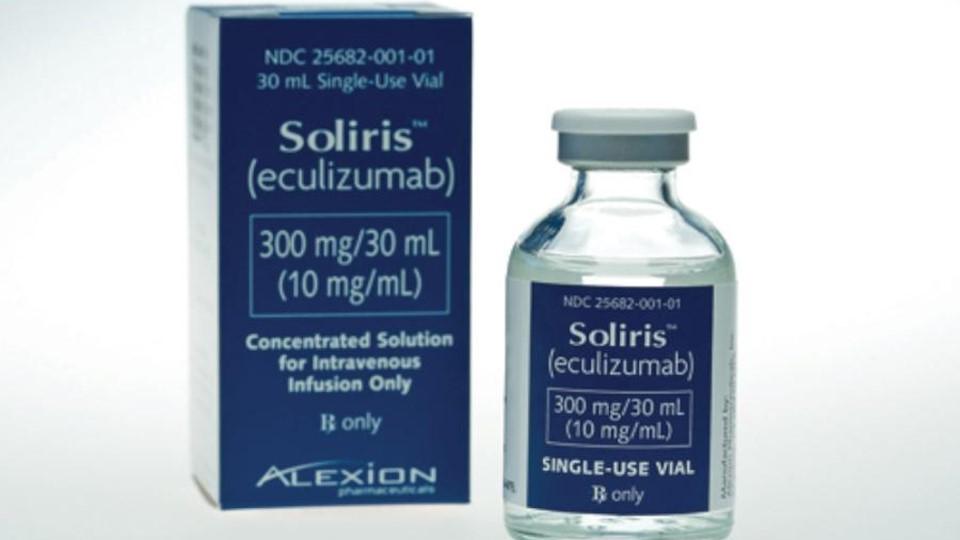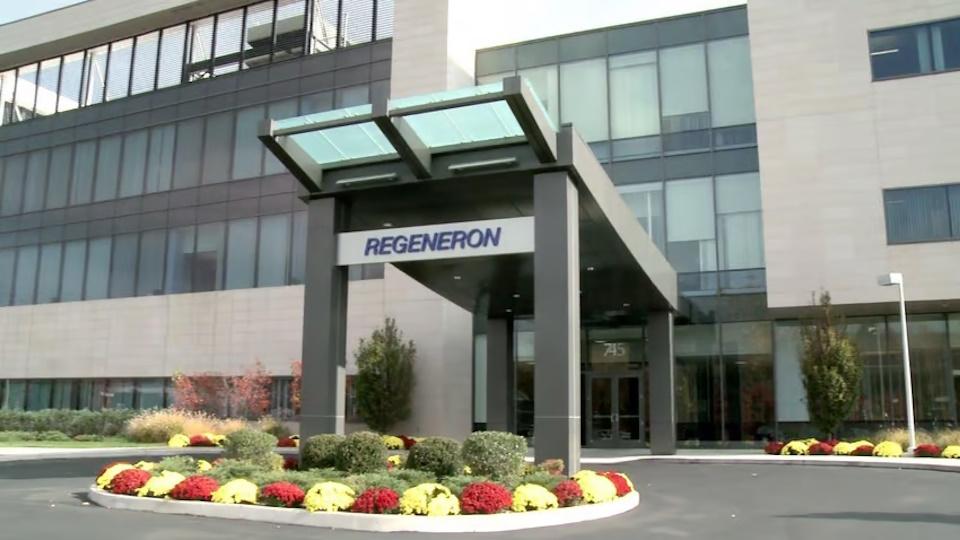Soliris becomes first drug for paediatric gMG in Europe

AstraZeneca's Soliris has become the first approved treatment in the EU for children and adolescents with generalised myasthenia gravis, a disorder that causes weakness in muscles around the body.
The European Commission has approved the complement C5 inhibitor – developed by AZ's Alexion subsidiary – for patients aged six to 17 with gMG who are anti-AChR antibody-positive, a group that accounts for the bulk of all gMG patients.
Soliris (eculizumab) has been approved in the EU to treat adults with gMG since 2017 and was recommended for approval by the EMA's human medicines committee for paediatric patients last month.
In an open-label phase 3 trial, Soliris was shown to be effective at alleviating gMG symptoms in children and adolescents with refractory AChR+ gMG who had failed prior immunosuppressive treatment, with a statistically significant improvement in the Quantitative Myasthenia Gravis (QMG) rating scale at six months.
The results showed that the average QMG score decreased by an average of 5.8 points, around the same level of benefit that was seen in prior studies of adults, with a similar safety and tolerability profile.
There are three types of gMG in children, including a transient form that affects babies born to mothers with the disease, a juvenile, autoimmune form that is most commonly seen in teen girls and is a lifelong condition, and a congenital form inherited from parents as an autosomal recessive disease that affects boys and girls equally.
The onset of gMG in paediatric patients is extremely rare, but can be complex to manage, according to John Brandsema, a primary investigator in the paediatric trial who is based at the Children's Hospital of Philadelphia.
As the disease progresses, patients may become unresponsive to standard treatments, leaving them at risk of serious complications.
"This approval represents a significant advance in care for paediatric patients with refractory gMG, who previously had no targeted treatment options to help manage their condition," said Brandsema.
He added that Soliris has the "potential to improve quality of life and redefine disease management for children and adolescents living with this rare neurological disease."
Regulatory submissions for Soliris for the treatment of paediatric patients with gMG are currently ongoing or planned with multiple health authorities around the world, said AZ in a statement.
Johnson & Johnson's nipocalimab – an antibody designed to block the activity of circulating immunoglobulin G (IgG) antibodies – is also being tested for paediatric gMG in an investigator-led trial that started in 2022.












